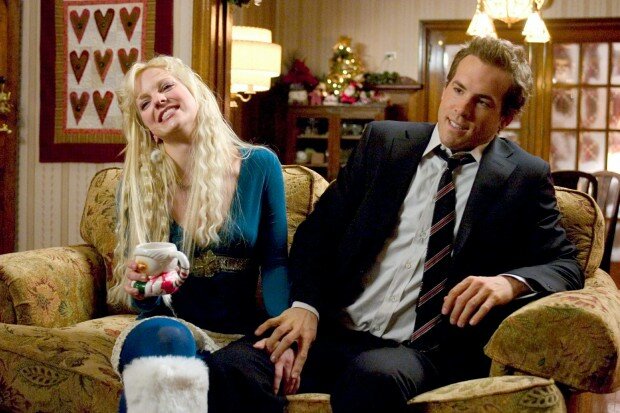Why do we say we’re sorry?
You accidentally step on someone’s foot. You apologize.
You forget to keep your word about something you said you’d do for someone. You apologize.
Your best friend’s cat has died. You express just how sorry you are for his/her loss.
You can’t quite make out what someone is saying over the phone. “I’m sorry, what was that?”
If you consider the notion of apology for long enough, you come to terms with the fact that, although we were taught otherwise, the act of saying sorry is an assertion of ethical decency that gratifies the apologizer more than the receiver of the apology.
This does not mean that apologies are not valid; it just means that they are not the lofty acts of selflessness we thought they were as kids.

Via: blog.terrenceryan.com
Why do we forgive?
Most of the time, forgiveness occurs at the receiving end of an apology.
Maybe you forgive the guy who just stepped on your foot, or the girl who didn’t do that thing she said she’d do for you.
Do you forgive the person who just apologized to you about your cat’s tragic death? Is this apology in fact an admission of guilt? Do you now proceed to interrogate him/her in a darkroom with a fluorescent light bulb? Do you resort to Chinese water torture?
Do you forgive the person who couldn’t hear you over the faulty cell phone connection? Is he or she apologizing on behalf of the phone company? Do you march over to AT&T and proclaim jubilantly that you’ve decided to accept their proxied apology as long as they give you some free shit?

Via: funnyjunksite.com
The last two scenarios demonstrate that not all apologies merit forgiveness, proving that apology and forgiveness are separate entities that are not always dependent on one another. Sometimes people say sorry because it just feels like the right thing to say, not because they are seeking forgiveness. Sometimes people forgive a person/thing/situation without apology, for the simple sake of liberation.
In the same way that “I’m sorry” serves the apologizer, forgiveness serves the forgiver.
Because until you forgive, you carry the weight of the grievance. No matter how free you think you are, you are not. Despite what your pride tells you, you remain a slave to the grudge you hold. You carry on, but the parasitic bitterness will feed on you from the inside out until you can only see the world through a filter of ugliness and disgust that only thickens as time passes.
Forgiving truly and fully is like waking up after a really long hangover nap only to realize that your headache is gone and you don’t feel like puking anymore. The sun is shining and you are light and young and happy. You are a child again, bursting with gratitude for simply existing. Maybe you will fly a kite.
You are free.

Via: ladydurerscanvas.blogspot.com
Apology and forgiveness are self-serving acts, yes. But they are also acts of renewal, acceptance and growth that are absolutely crucial to the progress of humanity on any level.
So get your head out of your ass and apologize for that thing you did that one time.
Get your shit together, abandon the grudge and accept the apology for that thing that person did to you all those years ago.
It will make all the difference.
Featured photo courtesy of: WordPress





